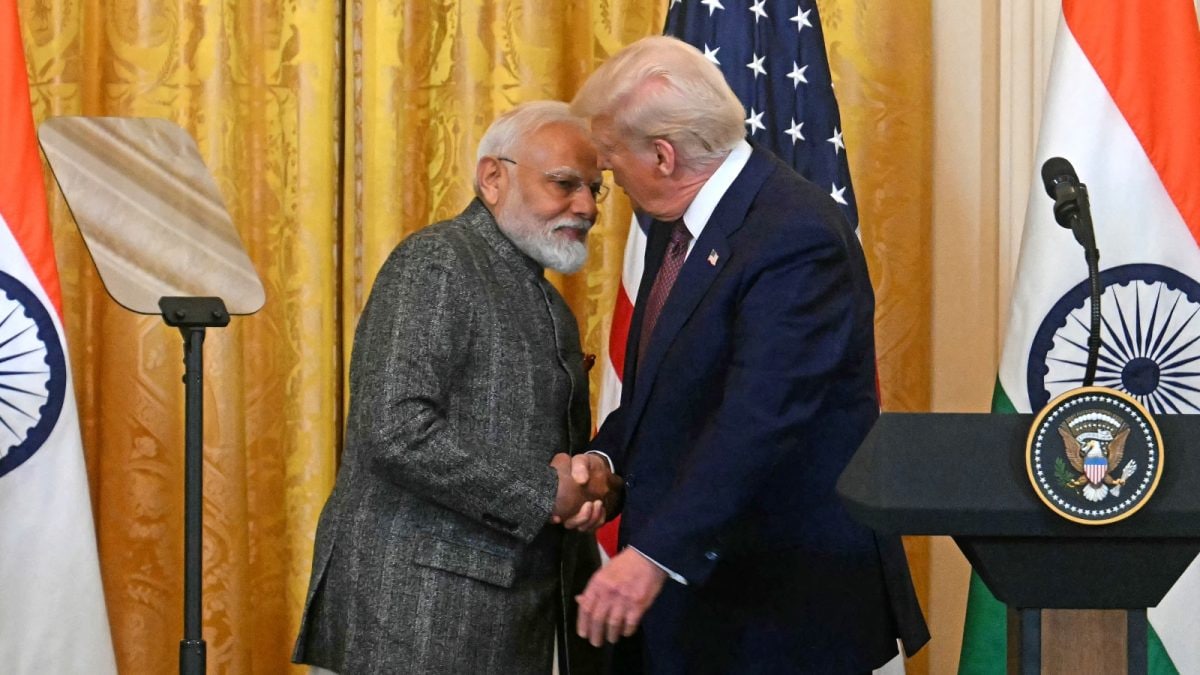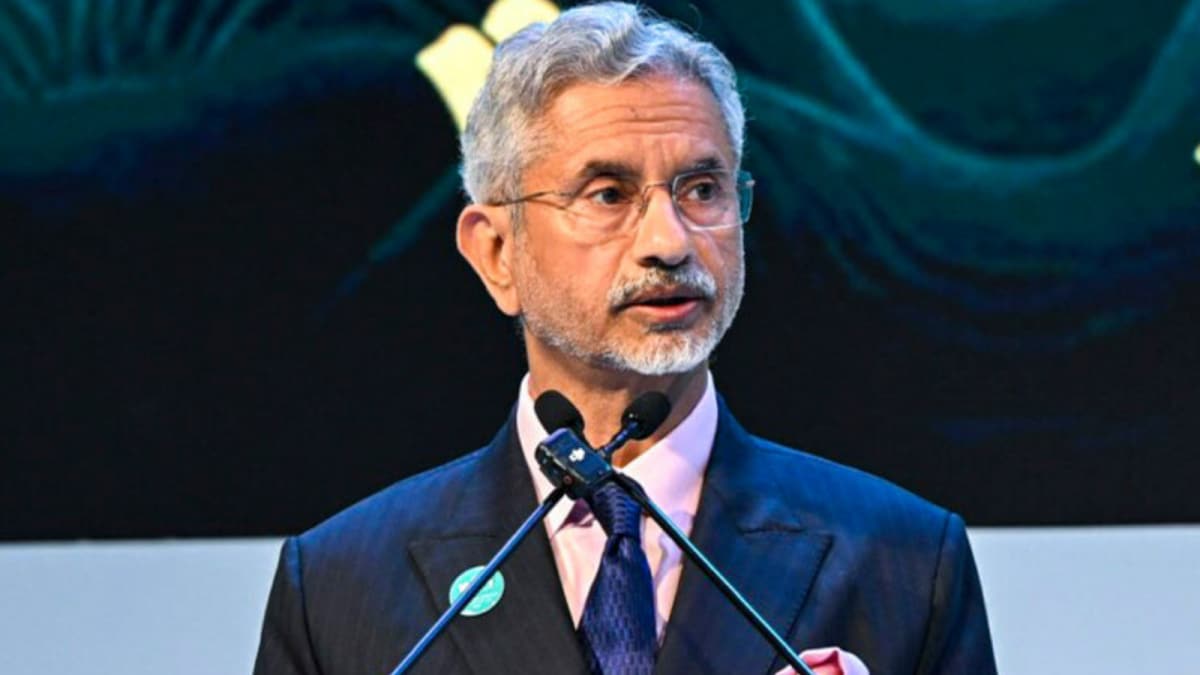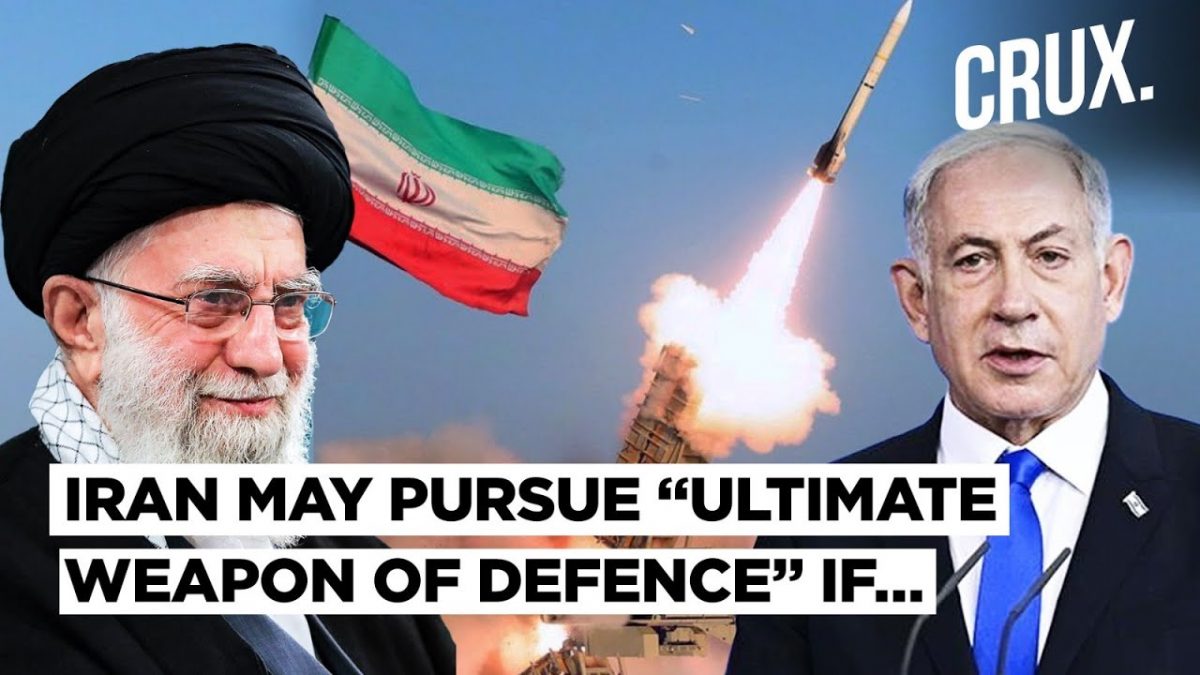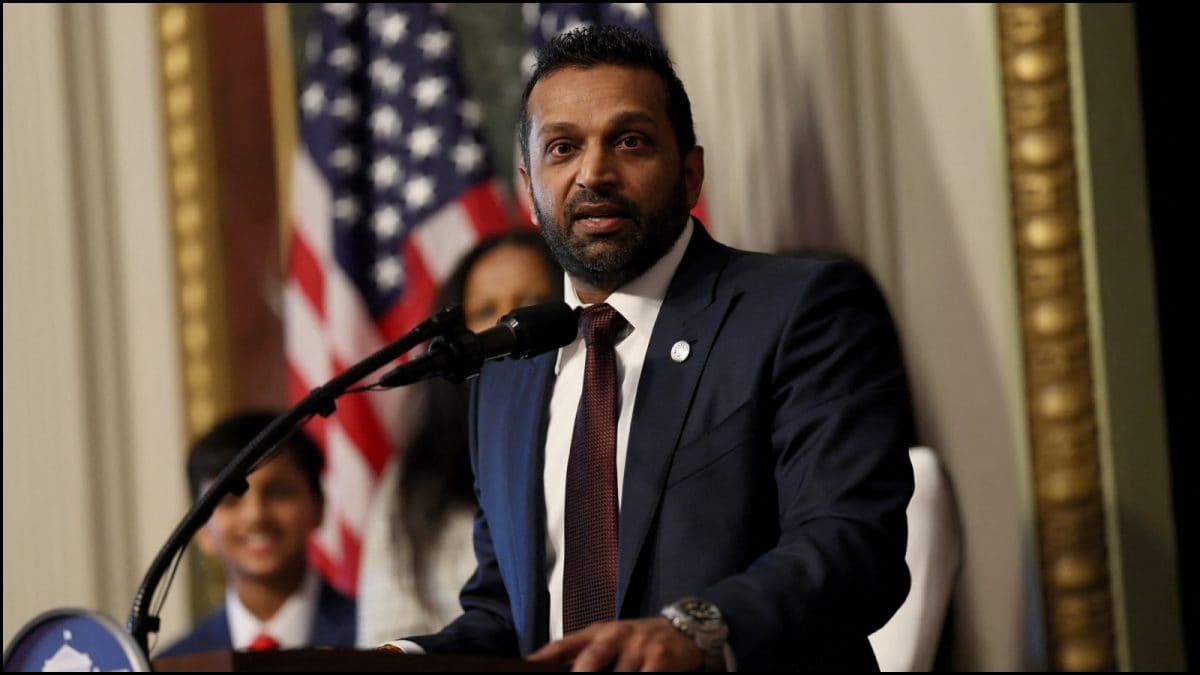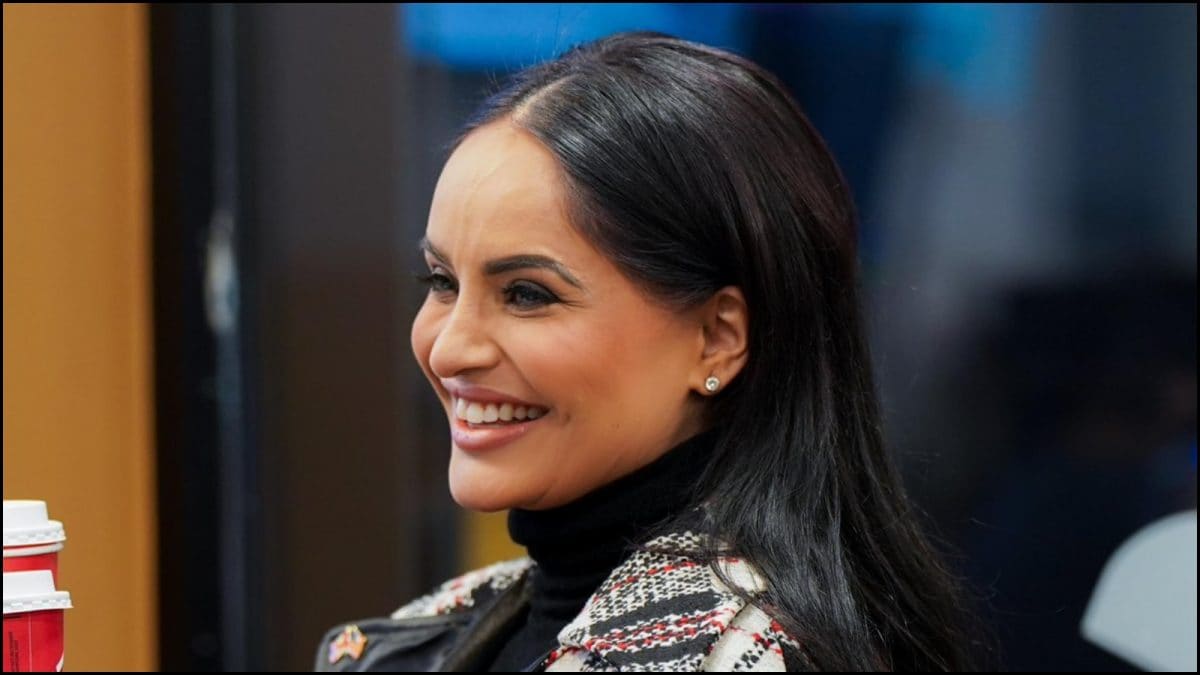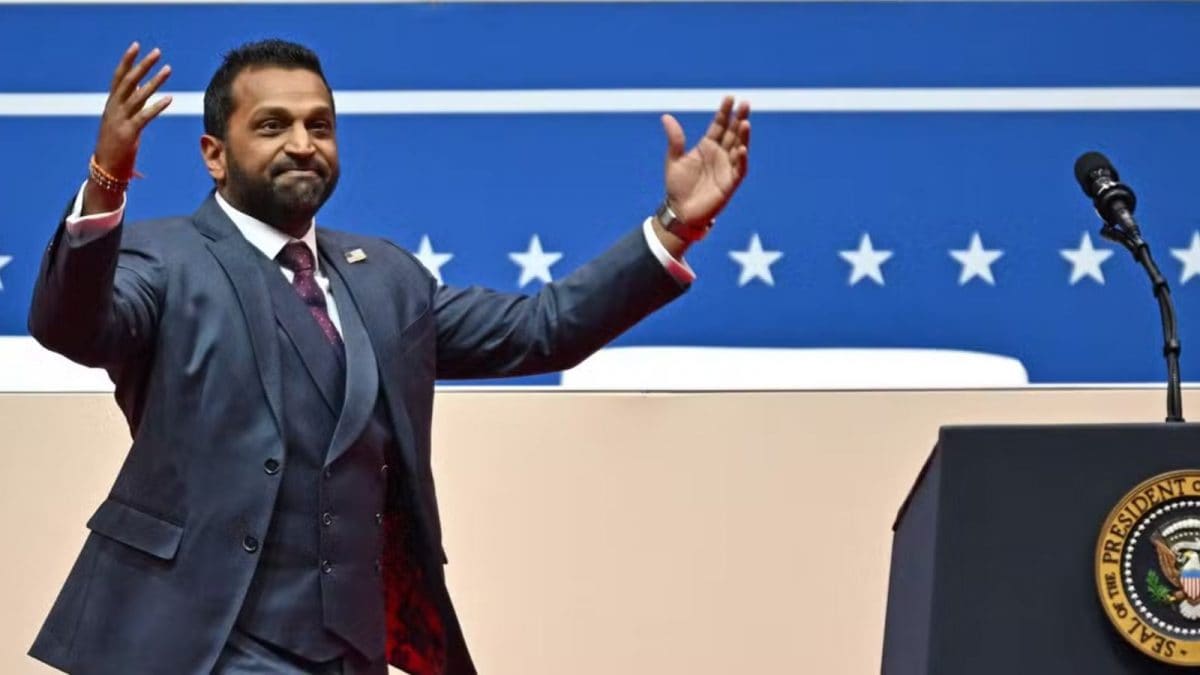Caste discrimination, a growing issue in the U.S., challenges DEI initiatives. Advocates seek its inclusion as a protected category, while critics warn of stigmatization.
Caste discrimination, a long-standing issue in India, is now sparking debate in the United States. The concepts of diversity, equity, and inclusion (DEI), which were initially intended to foster fairness and belonging within various communities, have inadvertently led to controversy across boardrooms, state legislatures, and educational institutions.
A recent survey by Pew Research revealed an interesting statistic: More than half of employed Americans have engaged in DEI initiatives, particularly in major corporations like Nike, Google, and Starbucks. These organizations ramped up their DEI efforts in the wake of the racial reckoning ignited by George Floyd's murder in 2020. However, the current landscape shows a contrasting reality, with many companies cutting DEI budgets and disbanding related teams. Critics, including notable figures like Elon Musk, have labelled DEI as "divisive," while supporters argue that it is simply misunderstood and politicized.
A central issue in this debate is the proposed inclusion of caste as a protected category against discrimination in California. Advocates for this change argue that it is essential to address caste discrimination, while opponents caution that such a designation could stigmatize the Hindu community in America. This issue has gained urgency recently due to a study conducted by the Network Contagion Research Institute and Rutgers University’s Social Perception Lab, which raises questions about the implementation of DEI programs and their potentially unintended consequences, particularly regarding caste.
One notable finding from the study reveals that exposure to caste-related DEI training may lead to participants associating Hindu-sounding names with prejudice. In a striking example, participants who underwent caste-focused training showed a willingness to agree with hateful statements when the term "Brahmin" replaced "Jew" in historical quotes by Hitler. This situation prompts critical inquiries about when DEI efforts, intended to dismantle stereotypes, might instead reinforce them.
Pushpita Prasad, chief communication officer of the Coalition of Hindus of North America (COHNA), has been vocal about her organization’s efforts to prevent caste from being included in protected categories, arguing that this could unfairly target Hindus in the U.S. Such perspectives resonate with many who believe DEI initiatives often impose guilt rather than foster understanding. However, those in favor of DEI assert that grappling with systemic inequities necessitates uncomfortable conversations and deliberate actions.
At its core, diversity is about embracing various identities, equity aims to provide fair opportunities, and inclusion seeks to create environments where everyone feels valued. Despite these straightforward definitions, the practical execution of DEI initiatives has stirred significant backlash. Critics argue that the focus on marginalized groups can lead to feelings of alienation among others, resulting in accusations of counterproductivity and discrimination directed at high-profile voices in business and industry.
Moreover, the financial aspect of DEI cannot be ignored, with companies reportedly investing around $8 billion annually in training and initiatives. However, many question whether these funds produce tangible results. Research indicates that mandatory DEI training can sometimes lead to increased resentment rather than genuine inclusion. In certain instances, stringent hiring quotas may reduce diversity rather than enhance it; employees might feel that they are hired based on their identity rather than their qualifications, leading to tokenism and diminished morale.
Despite these issues, the presence of caste discrimination and the need to address it are valid concerns. Rutgers University has established a Caste Task Force to examine the issue further. Advocacy groups, like CasteFiles, have escalated the conversation by filing complaints related to caste discrimination, ensuring that the dialogue continues.
As conversations around caste and DEI initiatives evolve, they highlight the complexity of addressing deep-rooted societal issues in a diverse nation. Striking a balance between fostering inclusivity and ensuring that no group feels marginalized remains a critical challenge. How this dialogue unfolds will significantly shape the future landscape of equity and representation in the United States.
Published By:
indiatodayglobal
Published On:
Dec 25, 2024

 1 month ago
1 month ago


